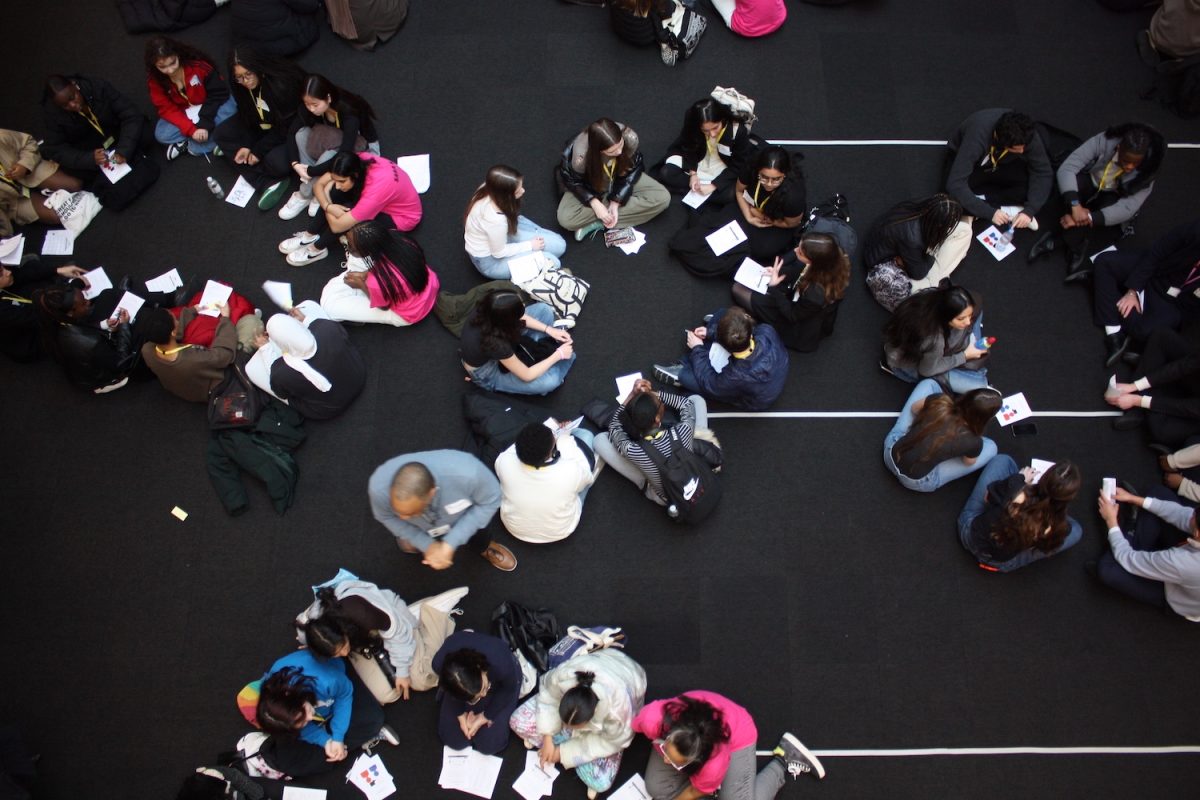This article was co-written by Lead News Editor Charlotte Young and Deputy Editor-in-Chief Nadia Sawiris.
When Wall Street collapsed in 2008, Greece was at the center of the crisis. Then in 2009, spurred by the crisis, the Greek government reported that they had been understating the country’s debt for years. While many banks and currencies have been bailed out, Greece is still in critical condition and has been in headlines recently as it struggles to pay back loans.
Countries such as the U.K. and Germany have loaned Greece money to help stabilize its economy and subdue fears of break down in the Eurozone. However, Greece has defaulted on several important dates, such as on July 1 when they did not pay back £1.55 billion to the International Monetary Fund (IMF).
On June 27, Prime Minister of Greece Alexis Tsipras announced a referendum to decide whether Greece would accept the bailout conditions proposed by the IMF, European Commission (EC) and European Central Bank (ECB).
While Greeks resoundingly voted “no” to the question, accepting more social security cuts as a result, there was still concern that Greece would leave the European Union (EU) to avoid paying back the debt.
Social Studies Teacher Jason Cancella believes the crisis stems from a history of tax evasion, corruption in the government and misallocation of funds. Tax avoidance spurs the government to further raise taxes and borrow funds from other nations in order to cover their programs. When people see that these programs are not functioning well due to lack of funding, Cancella believes Greek citizens question why they are paying taxes.
From Cancella’s perspective, this in turn creates a vicious cycle of people who are as unwilling to pay taxes as they are quick to distrust a government that has a history of corruption. This hasn’t “necessarily done right by the people with the money that they have been collecting in taxes throughout the years,” he added.
As of March 2015, Greece’s unemployment rate has been hovering at 25.6 percent. With a population of around 11 million people, this leaves over 2.5 million people without jobs. This yields to a large portion of the population “that has no income to contribute [and is] probably also then drawing on welfare,” Cancella said.
The consequences of unemployment have touched upon Nicolette Sheil’s (’16) family in both Sparta and Athens. “They have struggled with money for quite a long time, especially those living in Athens,” she said.
Likewise, for members of her family who have steady jobs, business has still been affected. “Because some of my family members work in the appliance industry and the food industry, business has been slow,” she said.
The economic situation has not only hindered the growth and stability of businesses, but also increased the desperation of the population, with people resorting to crime in order to sustain themselves. Sheil’s great-grandmother has had people break into her home several times looking for money and other valuable items.
For Ariadne Letrou-Papamarkakis’ (’17) family in Athens and Crete, the economic crisis in Greece has spurred them to transfer their money to banks outside of the country. “People aren’t really sure how to react to [the] situation, and the first reaction is to take all your money out,” she said. When bank accounts were frozen this summer, “People were calling my parents to see if they could transfer their money to other places like England.”
Though the immediate community of London, due to its use of the British Pound Sterling as currency, is protected from the deviations of the economy, if the Euro currency is going down, “it’s going to affect us because [that collective union] is the single largest trading partner,” said Cancella.
From Letrou-Papamarkakis’ perspective, Greece’s poor economy is derived from politics and deeply ingrained problems. “I think that there needs to be a change in the political system,” she said. “I think that a lot of the problem is rooted in the government right now.”








